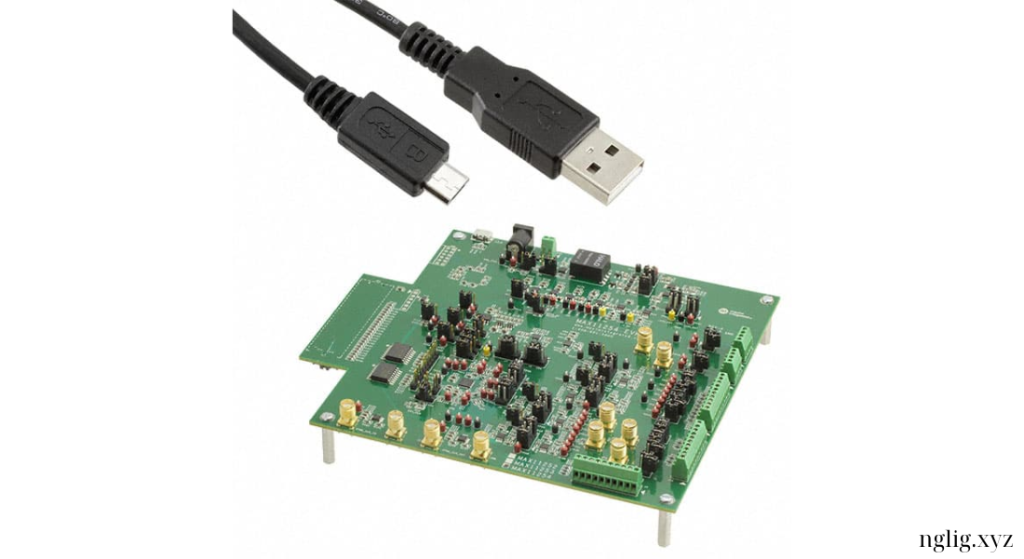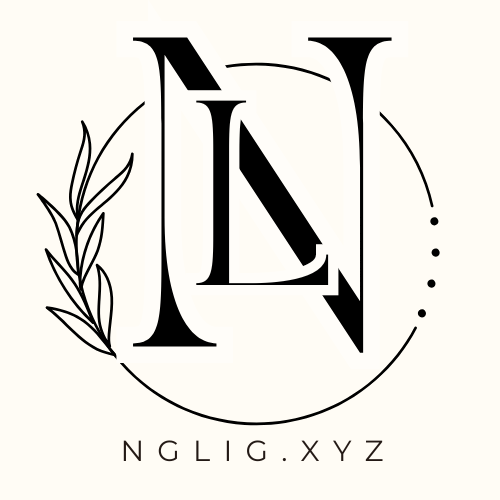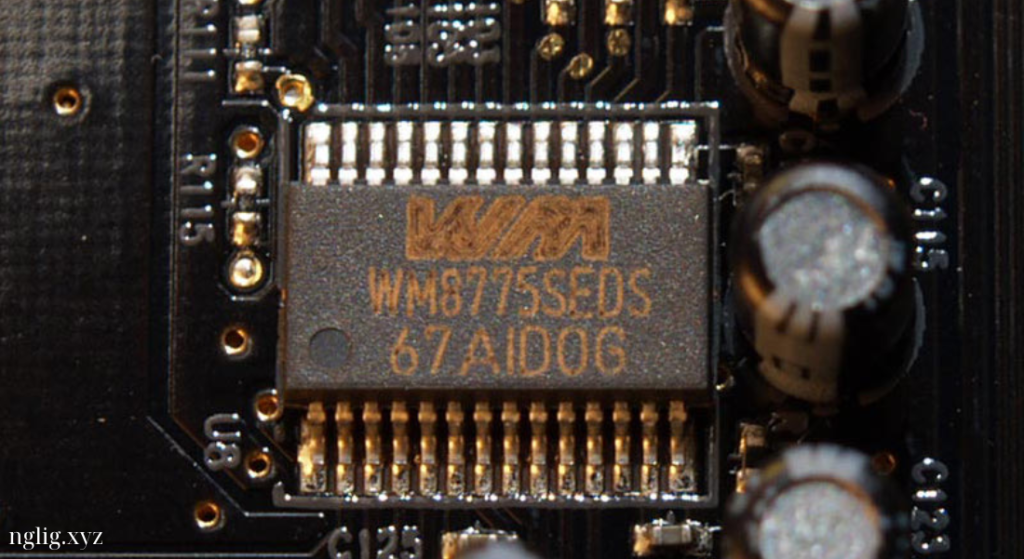Efficient data processing is essential for modern electronics and embedded systems, where converting analog signals to digital data (and vice versa) is a fundamental task. Maxim Integrated, a leader in analog and mixed-signal solutions, offers advanced data converters that are designed to deliver precision, speed, and efficiency across a wide range of applications. From industrial automation and medical devices to consumer electronics, Maxim data converters enable seamless data processing, helping engineers and designers build powerful and reliable systems. This guide explores the benefits of using Maxim’s advanced data converters, the types available, and tips for selecting the right converter for your project.
Key Highlights
- Why Choose Maxim Data Converters: Quality, precision, and innovation for superior data processing.
- Types of Maxim Data Converters: A look at available ADCs, DACs, and hybrid converters.
- Benefits of Using Maxim’s Advanced Data Converters: Precision, speed, and energy efficiency.
- Applications Across Industries: How Maxim converters enhance data handling in various fields.
- Selecting the Right Data Converter: Important factors for choosing the best option for your project.
1. Why Choose Maxim Data Converters
Maxim Integrated is renowned for its high-performance analog and mixed-signal solutions, with data converters that cater to demanding applications in fields such as industrial automation, healthcare, and telecommunications. Known for quality and reliability, Maxim converters provide the accuracy and efficiency needed for optimal data processing.
- Precision Engineering: Maxim data converters offer high resolution and low noise, ensuring accurate data conversion essential for signal integrity.
- Industry-Leading Innovation: With a focus on continuous development, Maxim’s solutions incorporate the latest advancements in data conversion technology.
- Wide Selection for Versatility: Maxim provides converters with various specifications, including high-speed, low-power, and high-accuracy options, allowing users to find products that fit specific needs.
2. Types of Maxim Data Converters
Maxim offers a range of data converters to meet the diverse needs of electronic systems, from analog-to-digital converters (ADCs) to digital-to-analog converters (DACs) and hybrid options.
- Analog-to-Digital Converters (ADCs): Maxim’s ADCs are designed for precise signal conversion, offering high resolution and low latency for applications requiring real-time data processing. These ADCs are ideal for applications like sensor data collection and audio signal processing.
- Digital-to-Analog Converters (DACs): With high precision and linearity, Maxim DACs convert digital data back to analog signals, enabling smooth and accurate output in applications like audio playback, instrumentation, and control systems.
- Hybrid Converters: Maxim also offers hybrid converters that integrate both ADC and DAC functionalities, streamlining complex data processing and reducing component count in designs where space and power are limited.

3. Benefits of Using Maxim’s Advanced Data Converters
Using Maxim data converters in your project brings multiple benefits, enhancing performance and reliability in data-intensive systems.
- High Resolution and Accuracy: Maxim data converters provide high bit depth and accuracy, essential for capturing and reproducing fine details in signals, whether it’s in an audio system or a medical imaging device.
- Efficient Power Consumption: Many Maxim converters are designed to operate with low power, supporting energy-efficient applications, particularly in battery-powered devices.
- Fast Processing Speed: With high-speed ADCs and DACs, Maxim converters enable quick data processing, critical for applications that require real-time analysis and response, such as radar and communication systems.
- Enhanced Noise Performance: Maxim converters are engineered to minimize noise, resulting in cleaner, more accurate signal conversion, making them suitable for sensitive applications like medical diagnostics and scientific instruments.
4. Applications Across Industries
Maxim data converters are integral to various fields, providing reliable data processing capabilities in everything from consumer electronics to specialized industrial systems.
- Industrial Automation: In automation and control systems, Maxim converters facilitate precise data acquisition and control, allowing for accurate monitoring and feedback in industrial processes.
- Medical Devices: For applications like patient monitoring and diagnostic imaging, Maxim’s converters provide the high accuracy needed to ensure clear, reliable data that clinicians can trust.
- Audio and Multimedia: In audio systems and multimedia devices, high-quality DACs and ADCs from Maxim deliver superior sound reproduction, making them ideal for both consumer electronics and professional audio equipment.
- Telecommunications: For telecommunications and networking, Maxim’s fast and accurate converters ensure efficient data handling in high-speed communication networks, supporting seamless connectivity.
- Automotive Electronics: In the automotive sector, data converters from Maxim contribute to advanced driver-assistance systems (ADAS), infotainment, and engine management, enhancing safety and performance.
5. Selecting the Right Data Converter for Your Project
Choosing the right Maxim data converter for your application involves evaluating specific project requirements, from speed and accuracy to power efficiency and environmental considerations.
- Resolution and Bit Depth: For applications requiring high precision, select a converter with a higher resolution to capture detailed signal information.
- Speed and Latency: High-speed converters are essential for real-time applications, while lower-speed options may be suitable for less time-sensitive tasks.
- Power Efficiency: In battery-operated devices, prioritize converters with low power consumption to prolong battery life and improve efficiency.
- Environmental Factors: For applications in challenging conditions, consider ruggedized or industrial-grade data converters that can withstand temperature extremes and harsh environments.
- Package Size and Integration: For space-constrained designs, hybrid converters that combine ADC and DAC functionalities in one package can save space and simplify your circuit design.
Conclusion
Maxim’s advanced data converters provide the essential link between analog signals and digital data, delivering the accuracy, speed, and efficiency that modern electronic systems demand. From ADCs and DACs to hybrid options, these converters enable reliable data processing in applications ranging from industrial automation and medical devices to telecommunications and consumer electronics. By selecting the right Maxim data converter, you can enhance the performance of your project, ensuring that data is processed accurately and efficiently. Maxim’s commitment to innovation and quality makes their data converters a trusted choice for engineers and designers working in data-driven fields.
FAQ
What types of data converters does Maxim offer?
Maxim provides analog-to-digital converters (ADCs), digital-to-analog converters (DACs), and hybrid converters that integrate both functionalities.
How do Maxim data converters improve data processing?
These converters offer high resolution, low noise, and efficient power usage, ensuring accurate and reliable data conversion for a range of applications.
Are Maxim data converters suitable for medical devices?
Yes, Maxim’s converters are used in medical applications requiring high accuracy and low noise, such as patient monitoring and diagnostic imaging.
What factors should I consider when choosing a data converter?
Consider factors such as resolution, speed, power efficiency, environmental resilience, and size to select the right converter for your needs.
Where can I purchase Maxim data converters?
You can buy Maxim data converters through authorized distributors or directly from Maxim’s official website.

